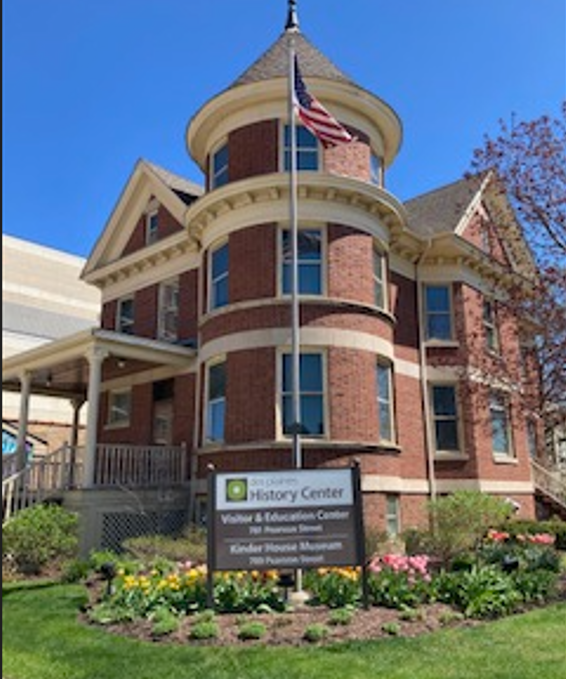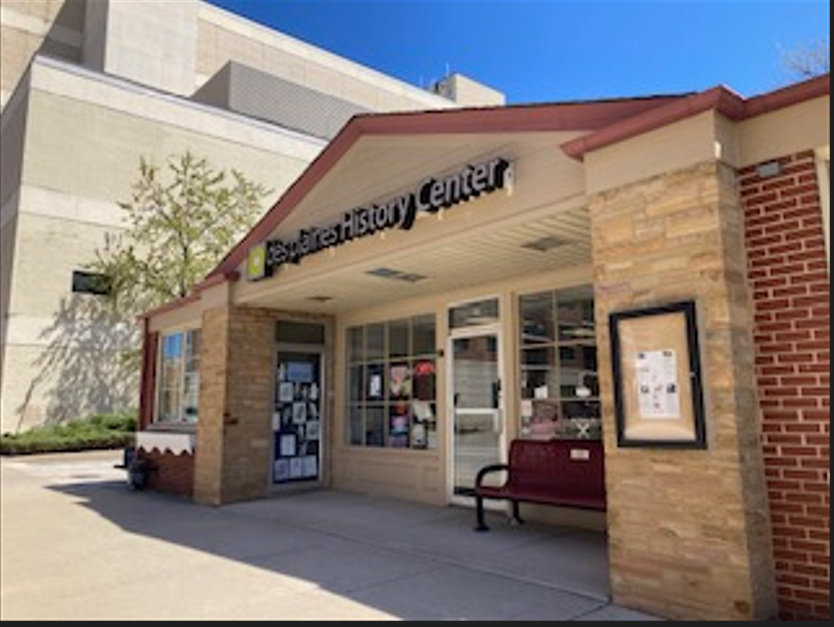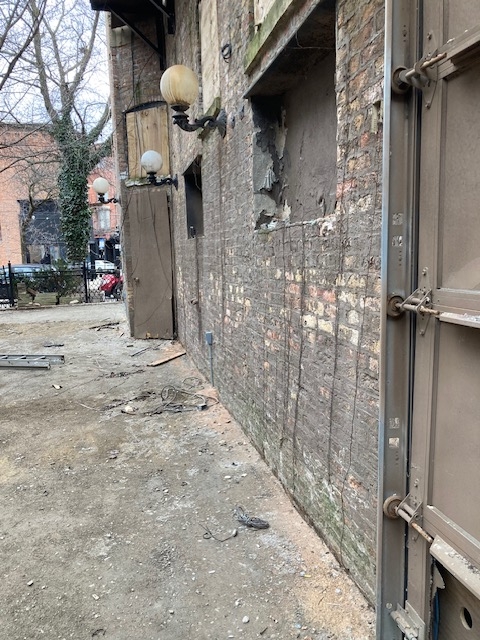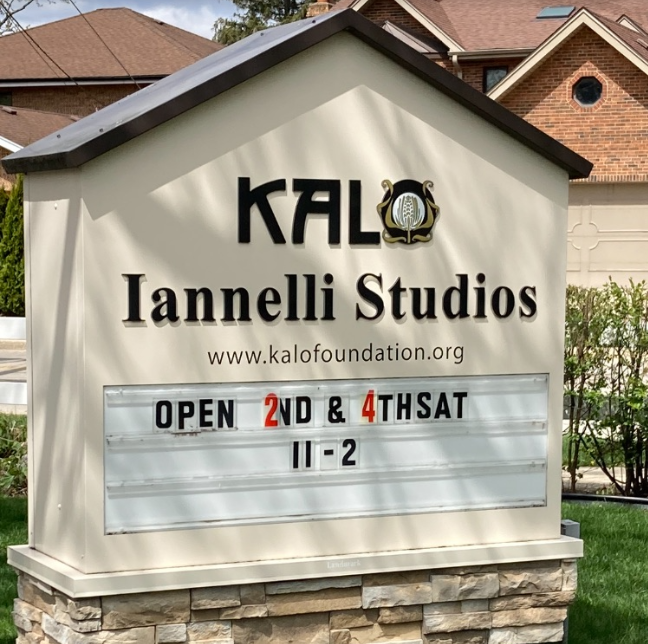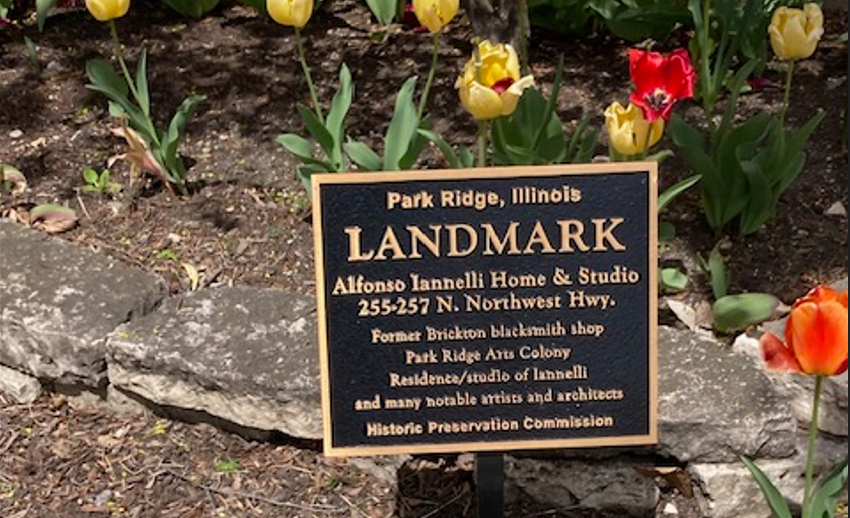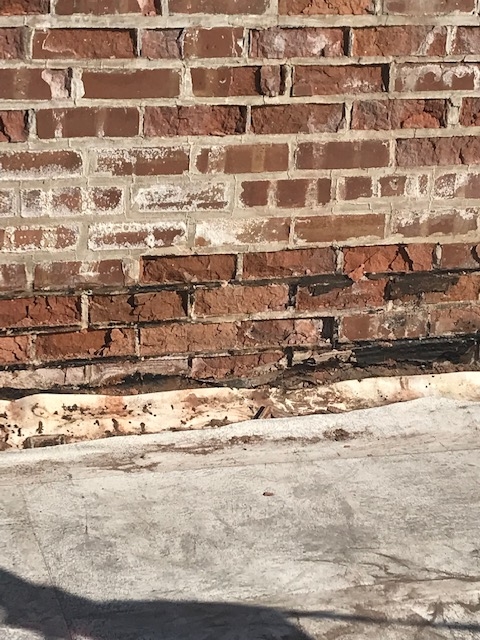Choo Choo Restaurant Des Plaines, IL
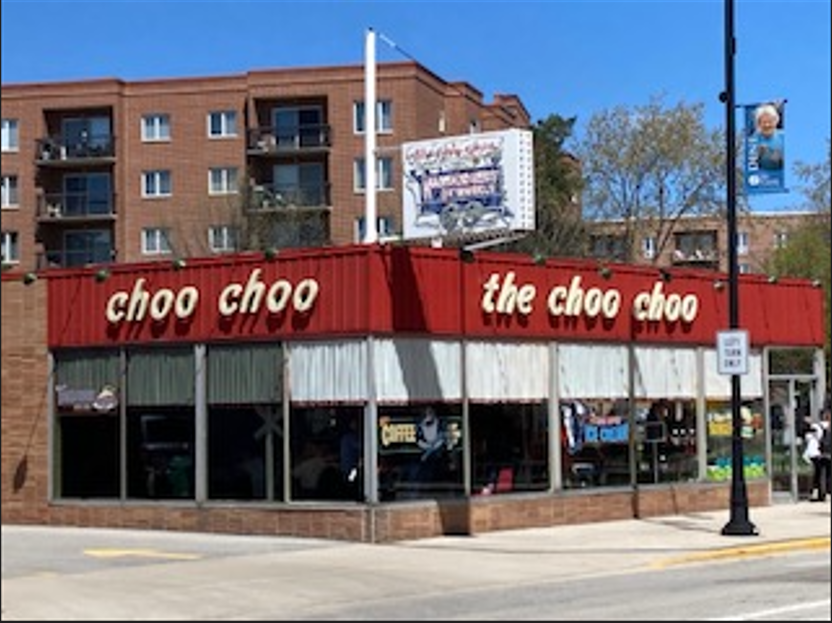
In 1951, James Ballowe and his wife Marilyn, opened the Choo Choo Restaurant. James Ballowe once said, “Trains go fast, and that’s how we wanted our customers to be served.”
In 2001 Jean Paxton-Eisenberg noticed The Choo Choo had been closed for several months, allowing her to finally realize her dream of owning the little diner.
The Choo Choo Restaurant in Des Plaines, Illinois, stands as a beloved icon of nostalgia, charm, and good old-fashioned American dining. Nestled snugly within a converted train car, this quaint eatery has been serving up hearty fare and timeless hospitality to locals and visitors alike for decades, earning a special place in the hearts of all who pass through its doors.
From the moment you step inside the Choo Choo Restaurant, you’re transported to a bygone era—a simpler time when diners were more than just places to grab a meal; they were community gathering spots, where friends and families came together to share stories, laughter, and, of course, delicious food. The restaurant’s vintage decor, adorned with railroad memorabilia and train-themed accents, pays homage to its unique setting while evoking a sense of nostalgia for the golden age of rail travel.
But it’s not just the ambiance that makes the Choo Choo Restaurant a cherished local institution—it’s the food. From mouthwatering burgers to classic comfort dishes, the menu offers something for everyone, served up with generous portions and a side of old-fashioned hospitality. Whether you’re craving a juicy cheeseburger with all the fixings, or a comforting bowl of chili, you’ll find it here, made with care and served with a smile.
Of course, no visit to the Choo Choo Restaurant would be complete without sampling one of their famous milkshakes. Served in frosty metal cups and topped with whipped cream and a cherry, these creamy concoctions are the stuff of dreams, offering a sweet taste of nostalgia with every sip. Whether you prefer classic flavors like vanilla and chocolate or more adventurous options like banana and strawberry, there’s a milkshake to satisfy every craving.
But perhaps the true magic of the Choo Choo Restaurant lies not just in its delicious food or charming ambiance, but in the sense of community it fosters. For many residents of Des Plaines, the restaurant isn’t just a place to grab a bite to eat—it’s a gathering spot, a meeting place, and a second home. It’s where locals come to catch up with old friends, celebrate special occasions, and make new memories that will last a lifetime.
Great news! The new owners found and brought back “Champion, The World’s Wonder Horse,” the original 1950s coin-operated horse ride in the Choo Choo that delighted so many children and had been missing for the past 20 years.
Over the years, the Choo Choo Restaurant has become woven into the fabric of the Des Plaines community, a cherished landmark that stands as a testament to the enduring power of tradition, friendship, and good food. As the world around us continues to change and evolve, it’s comforting to know that some things remain constant—the warm welcome, the hearty meals, and the familiar sight of that old train car, beckoning us home.
In a fast-paced world where so much seems to come and go in the blink of an eye, the Choo Choo Restaurant is a reminder to slow down, savor the moment, and enjoy the simple pleasures of life. So whether you’re a longtime resident or just passing through town, be sure to stop by, pull up a chair, and experience the magic of the Choo Choo Restaurant for yourself.
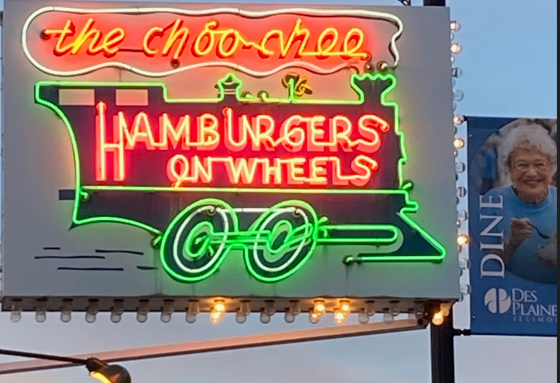
Choo Choo Restaurant Des Plaines, IL
CONTACT FOCALPOINT MASONRY FOR ANY MASONRY REPAIRS IN THE CHICAGOLAND AREA!

